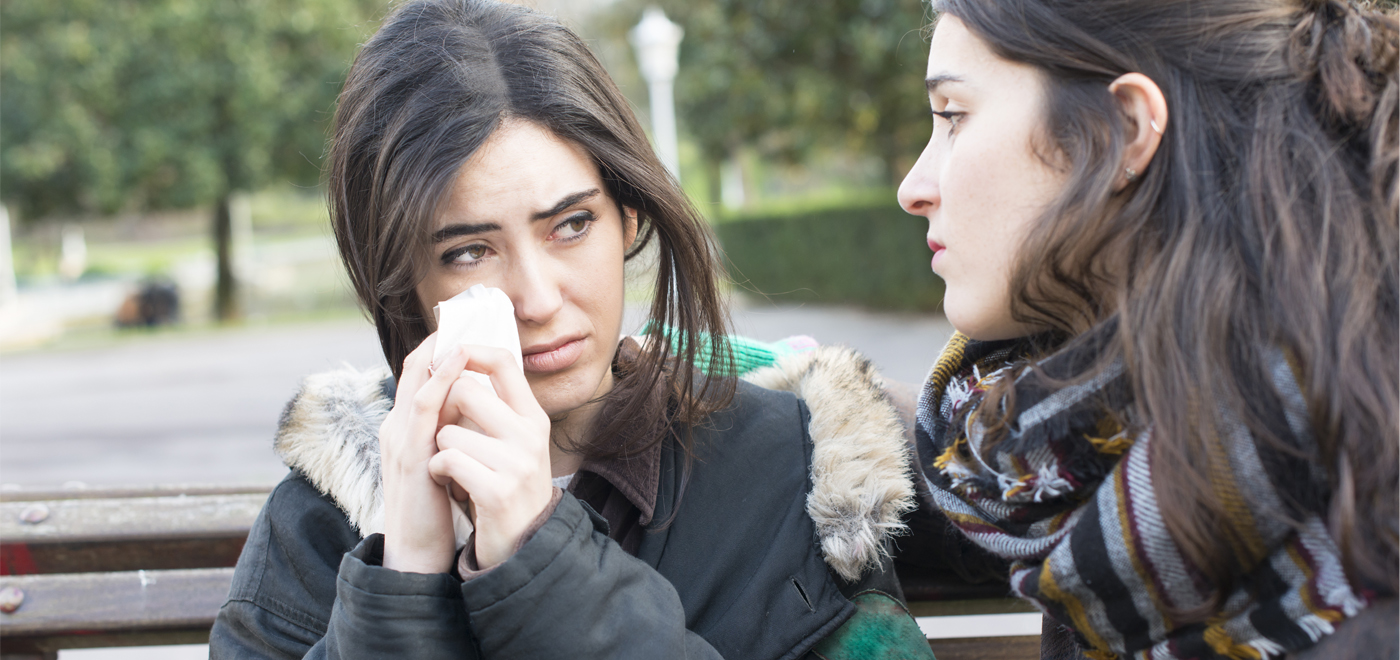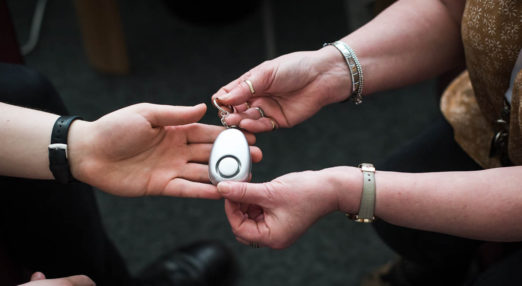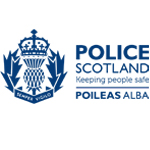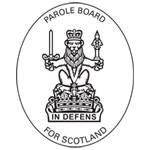Common reactions after a crime

If you have been a victim of crime it is normal to experience a range of physical, emotional and social reactions. These reactions may last for a few days, weeks or months, and in some cases longer. The response to a crime varies from person to person and will change over time.
The ‘seriousness’ of the crime does not matter. Some people can cope reasonably well after becoming involved in a significant crime while others can be very distressed by a more minor incident. Knowing the crime was done deliberately by another person – perhaps someone you know – can make it particularly hard to cope with.
The impact of crime can be influenced by other events in your life and by your personal circumstances or if you have previously been the victim of crime. The type of crime, your relationship to the perpetrator, and how you have been supported following the crime can all influence how you react.
- Sleeping patterns
- Nightmares
- Flashbacks
- Drinking (alcohol) habits
- Smoking habits
- Eating habits
- Medication use
- Energy levels
- How much you go out
- Being able to go out alone
- Problems at work/school
- Confidence levels
- Relationships with friends/family
- Confusion
- Tearful
- Numb
- Overwhelmed
- Suspicion
- Feeling you can’t cope
- Fluctuating mood
- Anger
- Loneliness
- Indecision
- Inability to concentrate
- Fear
- Anxiety
- Panic
- Vulnerable
- Withdrawn
- Self-blame
It’s important to remember that all of these reactions are normal and this is not your fault — only the perpetrator is to blame for their behaviour.
It may help to read other people’s experiences of crime and how it affected them.
- You have experienced a stressful event
- You need to allow yourself time to recover
- It’s best to avoid making dramatic life changes at this time
- Monitor your drug/alcohol intake
- Talk to someone you can trust about what you are going through
- If at any time you feel that you can’t cope with your feelings and reactions, get help from your GP or let us know
If you or someone you care about has been affected by a crime, please know that you are not alone. Whoever you are, whatever the situation and whenever the crime took place, Victim Support Scotland can help you. You don’t need to report the crime to receive our help.
First and foremost, we will listen to you and allow you the time to talk about your experiences. We will provide you with a trained support worker who has experience dealing with such cases and who can offer nonjudgmental support and information.
Our aim is to make you feel safer and be emotionally stronger and better informed of your rights.
Our service is confidential*, so we will not discuss personal details with anyone else without permission. You don’t need to report the crime to the police to receive help from us.
*We will need to alert someone else if there is a safeguarding issue or a risk to others.
Whoever you are and whatever the crime, we’re here to help
-
Call our free helpline | Mon-Fri, 8am-8pm, Sat&Sun, 10am-4pm
0800 160 1985 -
Help near you
Enter town or postcode:
-
Request support
Complete our form














